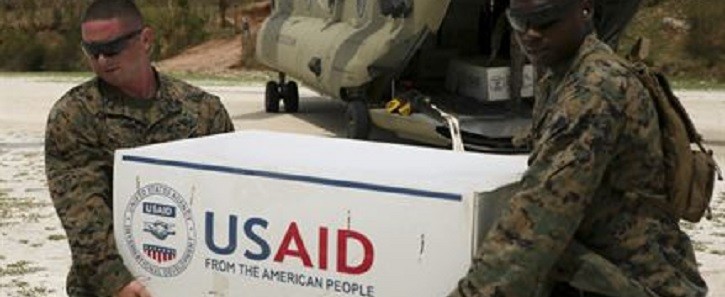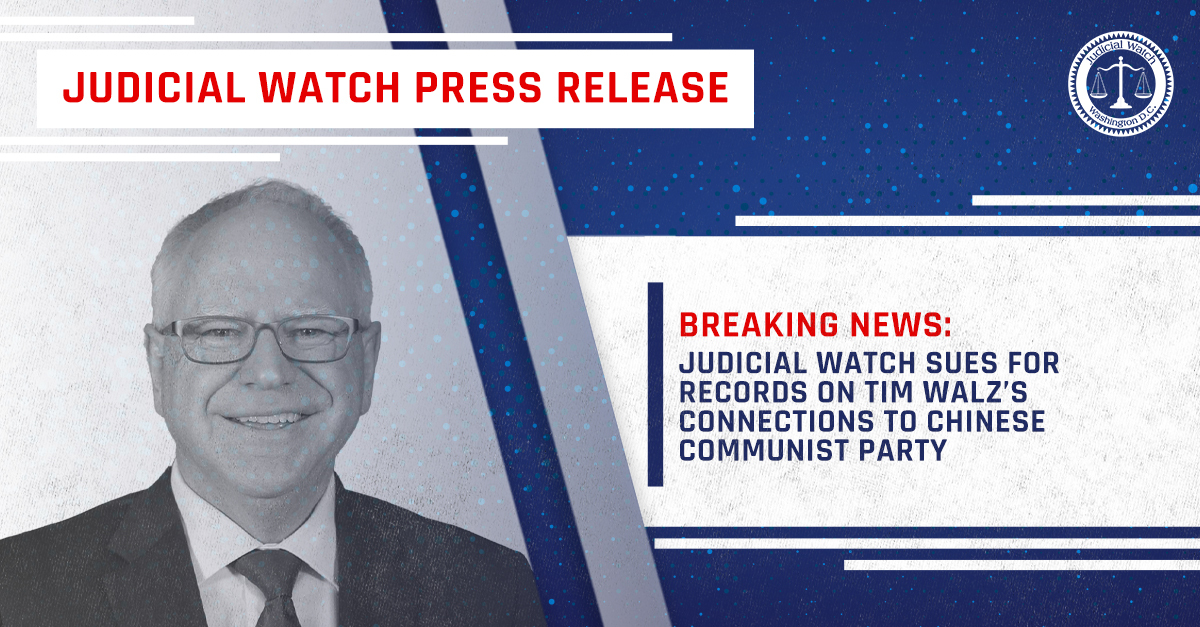
Food Kits from U.S. Program to Feed “Vulnerable” Syrians Diverted to Terrorists

A multi-billion-dollar government program to feed “vulnerable” Syrians has provided food for jihadist militants in a group designated by the United States as a Foreign Terrorist Organization (FTO). American taxpayers have spent a fortune on “emergency food assistance” during the Syrian crisis that began with the 2011 Arab spring and some of it has actually gone to terrorists that hate us and want to kill us. The Al Qaeda affiliate is known as Hay’at Tahrir al-Sham and it aims to establish a regional Islamic caliphate, according to the Central Intelligence Agency (CIA).
Since 2012, the U.S. government has provided Syria with nearly $3 billion in emergency food assistance, approximately $1.8 billion to help “vulnerable families” inside the country and more than $1.1 billion for “vulnerable refugees in neighboring countries.” Uncle Sam took action after the United Nations (UN) declared that 11.7 million people inside Syria need humanitarian assistance. Of those, the leftist world body said 9 million require emergency food assistance to meet their basic needs, including 6.5 million people facing “life-threatening food insecurity.” The famously corrupt U.S. Agency for International Development (USAID), which has a monstrous budget and little oversight, handles the money and doles out cash to groups, mostly non-governmental organizations (NGOs), that provide food.
The groups are known as partners and they receive money from USAID to bring flour to bakeries, ready-to-eat rations to newly displaced populations and prepared food kits throughout Syria. Some of the USAID-funded food kits have been purposely diverted to terrorists, according to a federal audit of the program. Investigations by the USAID Office of Inspector General (OIG) have uncovered numerous instances of confirmed diversions to armed groups in northwestern Syria. Among them is Hay’at Tahrir al-Sham, which split from Al Qaeda a few years ago. In one example cited by the agency watchdog, NGO employees knowingly diverted USAID-funded food kits to the terrorist group by allowing the fighters to be included among program beneficiaries and submitting falsified beneficiary lists. In another case, 27 NGO employees operated a scheme in which USAID-funded food kits were diverted to the same designated terrorist organization. The U.S. spent nearly $50 million on the two programs, according to the audit.
This is hardly the first time that terrorists benefit from USAID’s unchecked generosity. The agency has sent Yemen, the Islamic nation that serves as the headquarters of Al Qaeda in the Arabian Peninsula (AQAP), $768 million in “humanitarian aid.” In its Country Reports on Terrorism, the State Department reveals that AQAP militants carried out hundreds of attacks including suicide bombers, vehicle-borne improvised explosive devices (VBIEDs), ambushes, kidnappings and targeted assassinations. The media has also documented this for years with one in-depth report confirming that “Yemen has emerged as the breeding grounds for some of the most high-profile plans to attack the U.S. homeland.” Additionally, dozens of terrorists freed from the U.S. military prison in Guantanamo Bay, Cuba have joined Al Qaeda in Yemen. Yet the American humanitarian dollars keep flowing with little oversight.
Last year Judicial Watch reported that USAID funds a global humanitarian group that helps Islamic terrorist organizations abroad as well as a country that appears on the State Department’s list of nations that sponsor terrorism. The Scandinavian organization, Norwegian People’s Aid (NPA), received USAID funds despite violating federal funding requirements by providing material support to Iran, Hamas, the Popular Front for the Liberation of Palestine (PFLP) and the Democratic Front for the Liberation of Palestine (DFLP). Hamas, PFLP and DFLP appear on the U.S. Office of Foreign Assets Control’s specially designated nationals and blocked persons list. USAID claims it filled NPA’s coffers to support the leftist group’s various projects in the region aimed at bringing “human worth and equal rights for all, irrespective of sex, disability, ethnicity, religion, age, sexual preference, or social status.”















